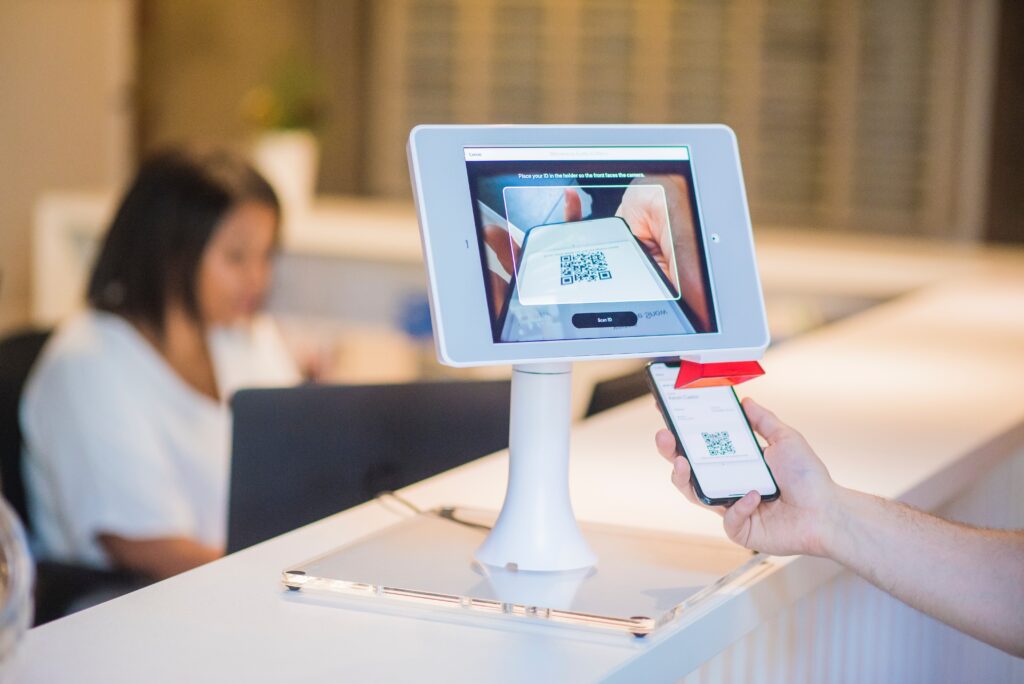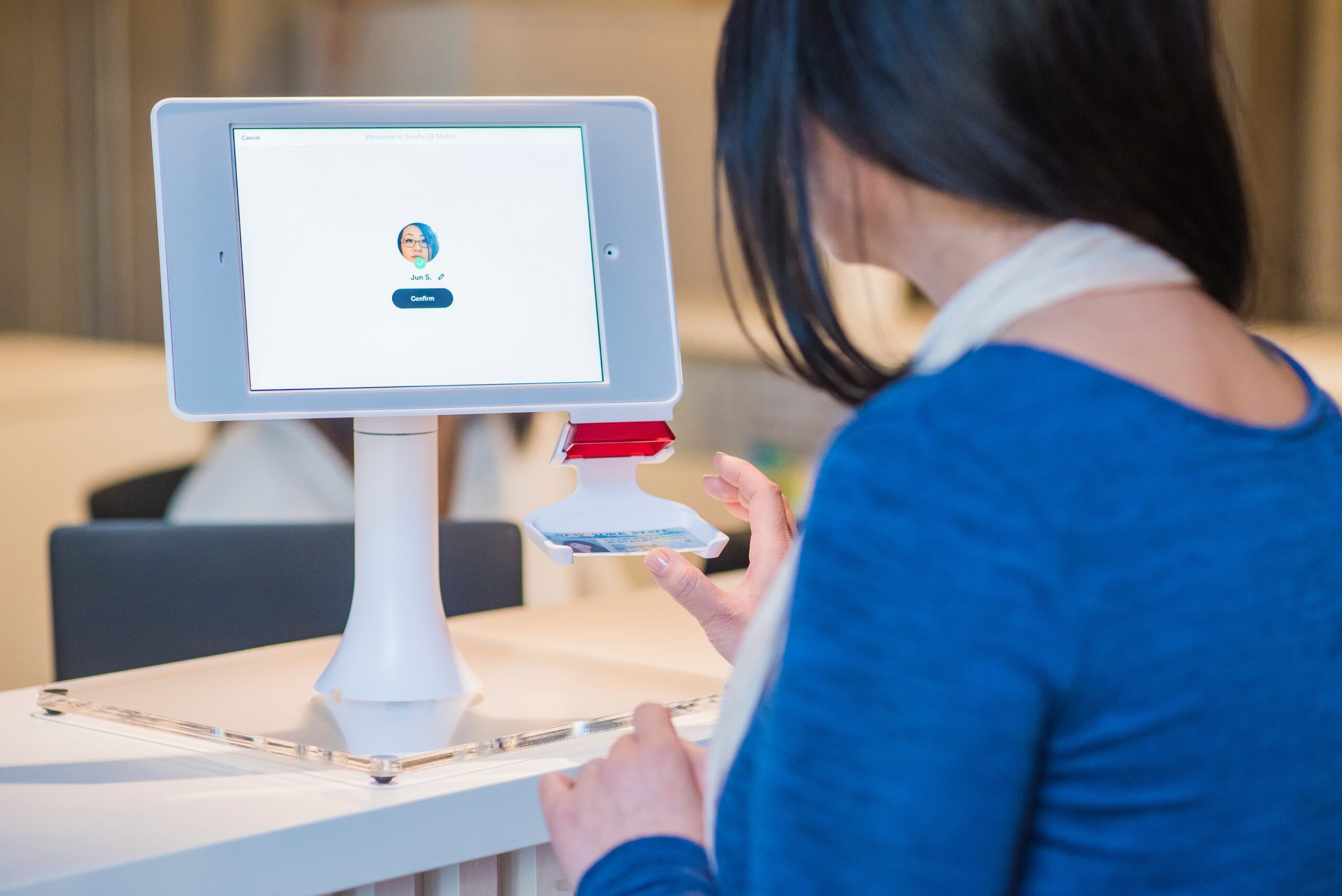Self-service kiosks have become increasingly popular in Malaysia, and for good reason. They provide a convenient and efficient way for customers to access products, services, and information without the need for human assistance with xyreon.com.my. In this article, we’ll explore what self-service kiosks are, how they work, and why Malaysians should consider using them.
What are Self-Service Kiosks?
Self-service kiosks are interactive computer terminals that allow users to complete tasks or transactions without the need for human assistance. These kiosks can be used for a variety of purposes, such as ordering food, purchasing tickets, checking-in for flights, and even paying bills. Self-service kiosks can be found in many different settings, including retail stores, airports, hospitals, and government offices.
How do Self-Service Kiosks Work?
Self-service kiosks work by providing a user-friendly interface that allows customers to access the services or products they need. These kiosks are typically equipped with a touch screen, which allows users to navigate through menus and select the options they want. They may also include other features, such as a barcode scanner, a credit card reader, or a printer, depending on the specific needs of the user.
Self-service kiosks can be customized to meet the needs of different industries and businesses. For example, a restaurant may use a self-service kiosk to allow customers to place their orders, while a hospital may use a kiosk to allow patients to check-in for their appointments. The possibilities are endless, and self-service kiosks are only limited by the creativity and needs of the business or organization that uses them.

Why Should Malaysians Use Self-Service Kiosks?
Self-service kiosks offer several benefits for Malaysians. First and foremost, they provide a convenient way for customers to access the products and services they need. Instead of waiting in long lines or dealing with busy customer service representatives, customers can use self-service kiosks to complete their transactions quickly and easily.
In addition to convenience, self-service kiosks also offer increased efficiency. By automating certain processes, businesses and organizations can save time and resources. This can lead to faster service, reduced wait times, and ultimately, happier customers.
Self-service kiosks can also help reduce costs for businesses. By automating certain tasks, businesses can reduce the need for human labor and cut down on staffing costs. This can be especially beneficial for small businesses or those operating on tight budgets.
Finally, self-service kiosks offer increased accessibility for Malaysians. By providing a user-friendly interface, self-service kiosks can make it easier for individuals with disabilities or language barriers to access the services they need. This can lead to increased customer satisfaction and a more inclusive society.
Conclusion
Self-service kiosks offer a convenient and efficient way for Malaysians to access products, services, and information. These kiosks are easy to use, customizable, and can offer a wide range of benefits for businesses and customers alike. By embracing self-service kiosks, Malaysians can enjoy faster service, reduced wait times, and increased accessibility, all while saving time and money.


No Replies to "Understanding Self-Service Kiosks in Malaysia"